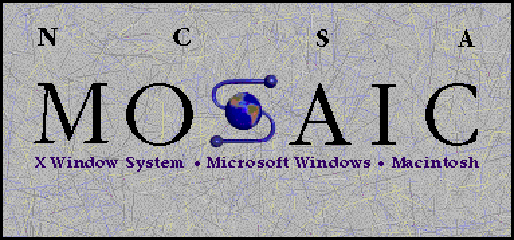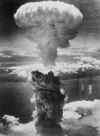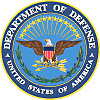W3.org: ftp protocol
| |
|
| |
Bob Metcalfe "pegs the exact day Ethernet was born: May 22, 1973. That was the day he circulated a memo titled 'Alto Ethernet.' It contained a rough schematic of how Ethernet would work. That is the first time ethernet appears as a word." - Wired Magazine
|
| |
|
| |
In 1974, Vinton Cerf and Bob Kahn developed the TCP/IP networking protocol. Vinton Cerf is called the "father of the Internet."
|
| |
|
| |
In 1983, "the ARPANET -- and every network attached to the ARPANET -- officially adopts the TCP/IP networking protocol, developed in the 1970s by pioneering network engineers Vinton Cerf and Bob Kahn."
|
| |
|
| |
In 1984, William Gibson coined the term "Cyberspace" in his book "Neuromancer"
|
| |
|
| |
In 1985, The Whole Earth Review went online and the The Whole Earth 'Lectronic Link was founded. The WELL was a Virtual Community, a pioneer in cyberspace. "It's been described as 'the world's most influential online community' in a Wired Magazine cover story".
|
| |
|
| |
In 1989, Tim Berners-Lee, a scientist at CERN, invented the World Wide Web by proposing a global hypertext project.
|
| |
|
| |
In 1990, Tim Berners-Lee 'coined the term "World Wide Web", wrote the first World Wide Web server, "httpd," and the first client program (a browser and editor), "WorldWideWeb".'
|
| |
|
 |
In 1993, a new browser called Mosaic was released by Marc Andreesen. Mosaic provided a graphical user interface and the ability to link to other documents using hyper-links.
|
| |
Wired Magazine, an on-line periodical, was published. "It reported on how technology affects culture, the economy, and politics."
|
| |
|
 |
In 1994, the International World-Wide Web Consortium (W3C) was founded by Tim Berners-Lee in collaboration with CERN "to lead the World Wide Web to its full potential by developing common protocols that promote its evolution and ensure its interoperability". Tim Berners-Lee has served as Director of the World Wide Web Consortium since it inception.
|
| |
|
| |
2004 was the 35th Anniversary of the Internet
|
| |
|
| |
2006 - There is close to 395,000,000 Internet hosts according to Internet Systems Consortium a nonprofit public benefit corporation dedicated to supporting the infrastructure of the Internet.
|
|
| | |
| |
|
| |
35 Years of the Internet --
Information Links @ The Library of Congress
|
 |
Cool Site of the Day
|
| |
A Declaration of the Independence of Cyberspace by John Perry Barlow, co-founder and vice chairman of the Electronic Frontier Foundation. And a former lyricist for the Grateful Dead.
|
| |
A Short History of the Internet by Bruce Sterling, one of the founders of the cyberpunk movement in science fiction.
|
| |
Electronic Frontier Foundation
"is a nonprofit group of passionate people — lawyers, technologists, volunteers, and visionaries — working to protect your digital rights."
|
| |
Glossary of Internet Terms
|
| |
The Help Web A Guide To Getting Started on the Internet
|
| |
Internet 101
|
| |
Internet Pioneers
|
| |
Internetnews.com
|
 |
Learn the Net
|
| |
Microsoft - Using Internet Explorer
|
| |
Explore the Internet National Museum of American History
|
 |
Netlingo
|
| |
Neuromancer @ The Cyberpunk Project
|
|
| | |
| |
|
| |
|








